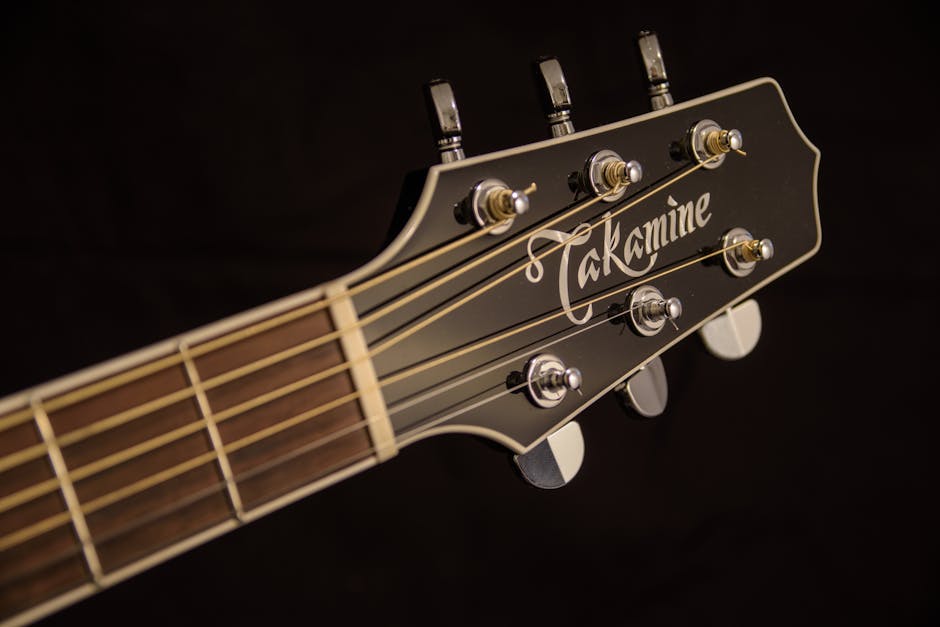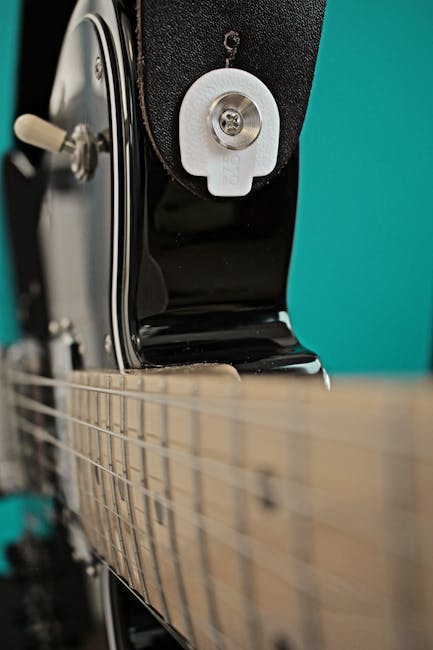Neck Fret: Understanding, Treating, and Preventing This Common Guitarist’s Ailment
For guitarists, the neck is their lifeline, the conduit through which musical expression flows. But repetitive strain, improper posture, and even the guitar itself can lead to a debilitating condition known as neck fret. This isn’t about the frets on your guitar; rather, it refers to the discomfort, pain, and even injury felt in the neck and shoulders from prolonged playing. This comprehensive guide delves into the causes, symptoms, diagnosis, treatment, and prevention of neck fret, empowering musicians to protect their health and continue playing the music they love.
Understanding Neck Fret: Causes and Symptoms
Neck fret, often considered a form of musician’s dystonia or occupational overuse injury, arises from the repetitive motions and sustained postures involved in playing the guitar. The constant pressure on the neck, the repetitive strumming and fretting actions, and the often-uncomfortable playing positions can take their toll. The symptoms can vary considerably in intensity and manifestation.
Common Causes of Neck Fret:
- Poor Posture: Slouching, hunching over the guitar, or tilting the head at unnatural angles significantly contribute to neck strain and pain.
- Repetitive Strain Injuries (RSI): The repetitive nature of guitar playing, especially prolonged practice sessions, can lead to overuse injuries in the neck and shoulder muscles.
- Improper Technique: Incorrect hand positioning, excessive tension in the arms and shoulders, and inefficient playing techniques can exacerbate neck discomfort.
- Improper Guitar Setup: A guitar with a high action (the distance between the strings and the fretboard) or an improperly adjusted neck can force the guitarist into awkward positions, increasing strain.
- Stress and Anxiety: Increased stress and anxiety can lead to muscle tension, exacerbating pre-existing neck issues or even triggering new ones.
- Lack of Warm-up: Beginning intense practice without warming up the muscles significantly increases the risk of injury.
Recognizing the Symptoms of Neck Fret:
- Neck Pain: This is the most prominent symptom, often localized at the base of the neck or radiating to the shoulders and upper back.
- Shoulder Pain: Pain in one or both shoulders, often associated with stiffness and limited range of motion.
- Headaches: Tension headaches are common, stemming from the tight muscles in the neck and shoulders.
- Stiffness and Limited Range of Motion: Difficulty turning the head or lifting the arms can indicate muscle strain.
- Tingling or Numbness: In severe cases, nerve compression can lead to tingling or numbness in the arms or hands.
- Muscle Spasms: Involuntary muscle contractions can cause sharp, sudden pain.
Diagnosing and Treating Neck Fret
If you experience persistent neck pain or discomfort related to guitar playing, it’s crucial to seek professional medical attention. Self-diagnosis and treatment can delay proper care and potentially worsen the condition.

Diagnosis:
A physician, physical therapist, or occupational therapist can perform a physical examination to assess your range of motion, muscle strength, and neurological function. They may also order imaging tests such as X-rays or MRIs to rule out other underlying conditions.

Treatment Options:
- Rest and Modification: Taking breaks from playing, adjusting your playing posture, and modifying your practice routine are crucial first steps.
- Physical Therapy: A physical therapist can teach you exercises and stretches to strengthen your neck and shoulder muscles, improve flexibility, and reduce pain.
- Medication: Over-the-counter pain relievers like ibuprofen or naproxen can help manage pain and inflammation. In more severe cases, a doctor may prescribe stronger medications.
- Ergonomic Adjustments: Adjusting your guitar setup, using a comfortable chair, and employing ergonomic accessories can significantly reduce strain.
- Massage Therapy: Massage can help relax tense muscles and improve blood flow, reducing pain and stiffness.
- Alternative Therapies: Some individuals find relief through alternative therapies such as acupuncture, chiropractic care, or yoga.
Preventing Neck Fret: A Proactive Approach
Preventing neck fret involves a multi-faceted approach focusing on proper technique, posture, and overall well-being.
Preventive Measures:
- Maintain Proper Posture: Sit or stand upright with your shoulders relaxed and your head aligned over your spine. Avoid slouching or hunching over your guitar.
- Warm-up Before Playing: Warm up your neck and shoulder muscles before each practice session with gentle stretches and range-of-motion exercises.
- Use Proper Guitar Technique: Practice with correct hand positioning and avoid excessive tension in your arms and shoulders.
- Take Regular Breaks: Avoid prolonged practice sessions without breaks. Regular breaks allow your muscles to rest and recover.
- Stretch Regularly: Incorporate regular stretching into your daily routine to maintain flexibility and prevent muscle stiffness.
- Maintain a Healthy Lifestyle: A balanced diet, regular exercise, and adequate sleep are crucial for overall health and muscle recovery.
- Ergonomic Considerations: Ensure your guitar is properly set up, and consider using ergonomic accessories such as a comfortable strap and chair.
- Listen to Your Body: Pay attention to any signs of discomfort or pain and take appropriate action. Don’t push yourself too hard.
Conclusion: Playing Pain-Free
Neck fret is a serious concern for guitarists, but with proper understanding, proactive measures, and timely medical attention, it can be effectively managed and even prevented. By prioritizing proper posture, technique, regular breaks, and a healthy lifestyle, musicians can protect their bodies and continue to enjoy the fulfilling experience of playing their instrument pain-free. Remember, your health is your most valuable asset; don’t compromise it for the sake of your music. Seek professional help when needed; early intervention is key to a successful recovery.


